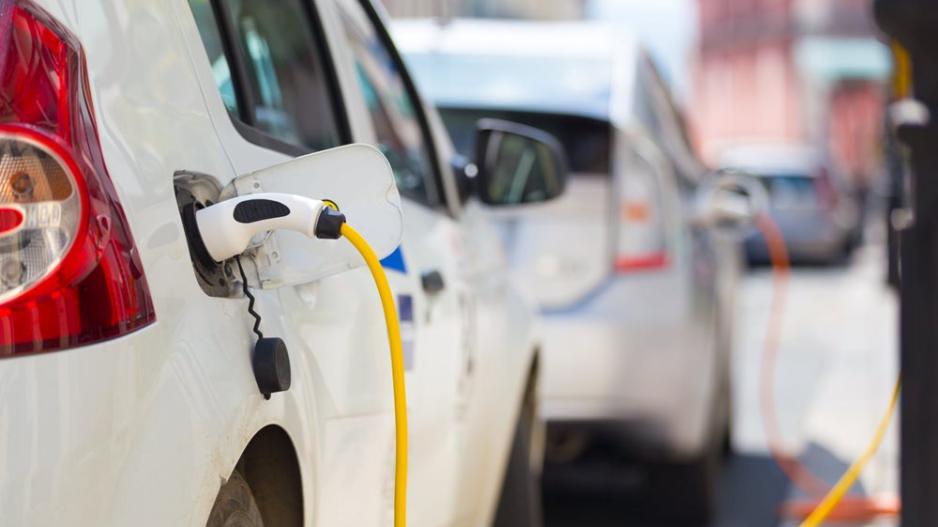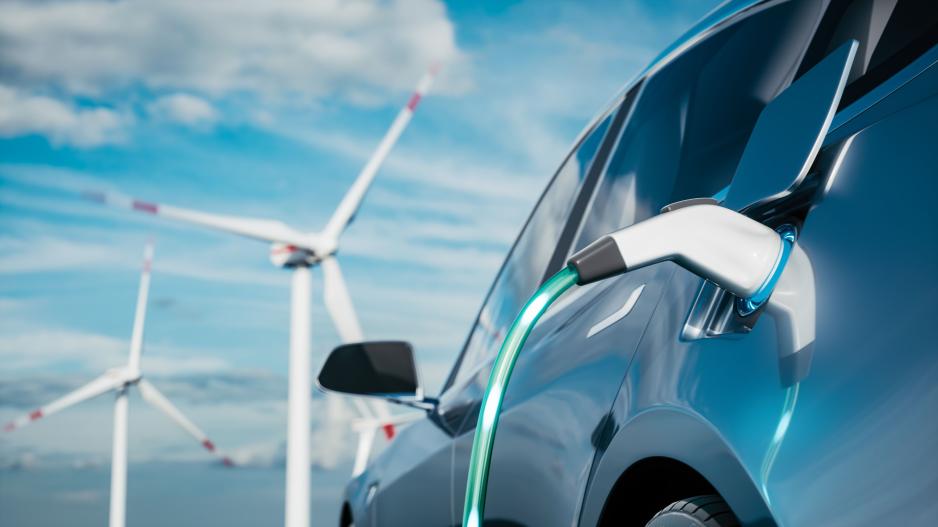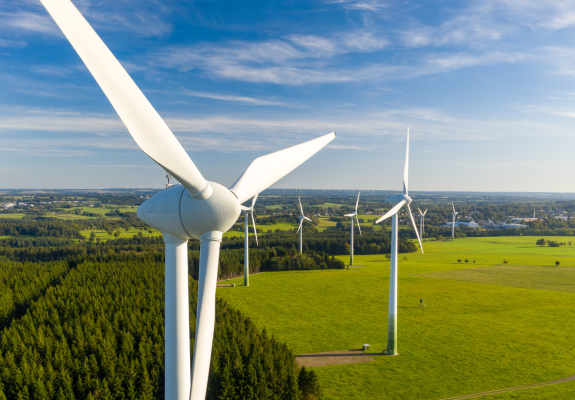Automakers Scale Back Electric Vehicle Plans Amid Declining Demand
Volkswagen and Ford Reassess EV Production and Battery Factory Expansion as Sales Slow
The development of electric mobility faces another setback as declining demand for fully electric cars forces automakers to revise their zero-emission vehicle production plans and the construction of large battery factories.
Volkswagen is scaling back its plans for building battery factories in Europe and North America due to a downturn in the electric vehicle (EV) market, according to Automotive News Europe.
Volkswagen's Chief Technology Officer, Thomas Schmall, stated that the company’s goal of having battery factories with a combined capacity of 200 gigawatt-hours remains "realistic but not yet finalized."
The German automaker's decision comes after a reassessment of its electric mobility strategy in light of the drop in demand for fully electric cars.
"The expansion of the factories will depend on how the electric car market develops," Schmall said in an interview with the German newspaper Frankfurter Allgemeine Sonntagszeitung.
In 2021, Volkswagen announced plans to build six battery cell factories by 2030, with a combined annual production capacity of 240 GWh. Two factories in Europe are already under construction, one in Salzgitter, Germany, and the other in Valencia, Spain.
However, due to declining EV sales, Volkswagen's battery factories will now have smaller capacities.

Production at the Salzgitter plant in Germany is set to begin in early 2025, with the Valencia plant in Spain expected to start operations in 2026. Preliminary work is also underway on a third plant in Ontario, Canada. Volkswagen’s revised plan now focuses on building just these three facilities, down from the original six planned, with a total capacity of 170 GWh.
If necessary, the factories in Valencia and Ontario can be expanded to reach a combined 200 GWh by 2030, but this will depend on EV demand in the coming years.
Volkswagen is also currently deciding between two types of batteries: lithium iron phosphate (LFP) or nickel manganese cobalt (NMC). LFP batteries are cheaper, potentially making Volkswagen's EVs more affordable. The company also plans to start producing solid-state batteries later this decade.
Additionally, Ford has canceled plans to produce three electric SUVs as it faces $1.9 billion in losses due to low EV demand, according to Reuters.
The American automaker will now focus on hybrid versions of its SUVs, which are proving to be more profitable.
Ford’s decision comes at a time when slowing demand for electric vehicles has pushed several automakers to reassess or even abandon their EV plans.
This move aligns with a growing trend in the market, where hybrid models have seen a 35.3% rise in sales in the first half of the year, significantly outpacing the 7% increase in EV sales.






